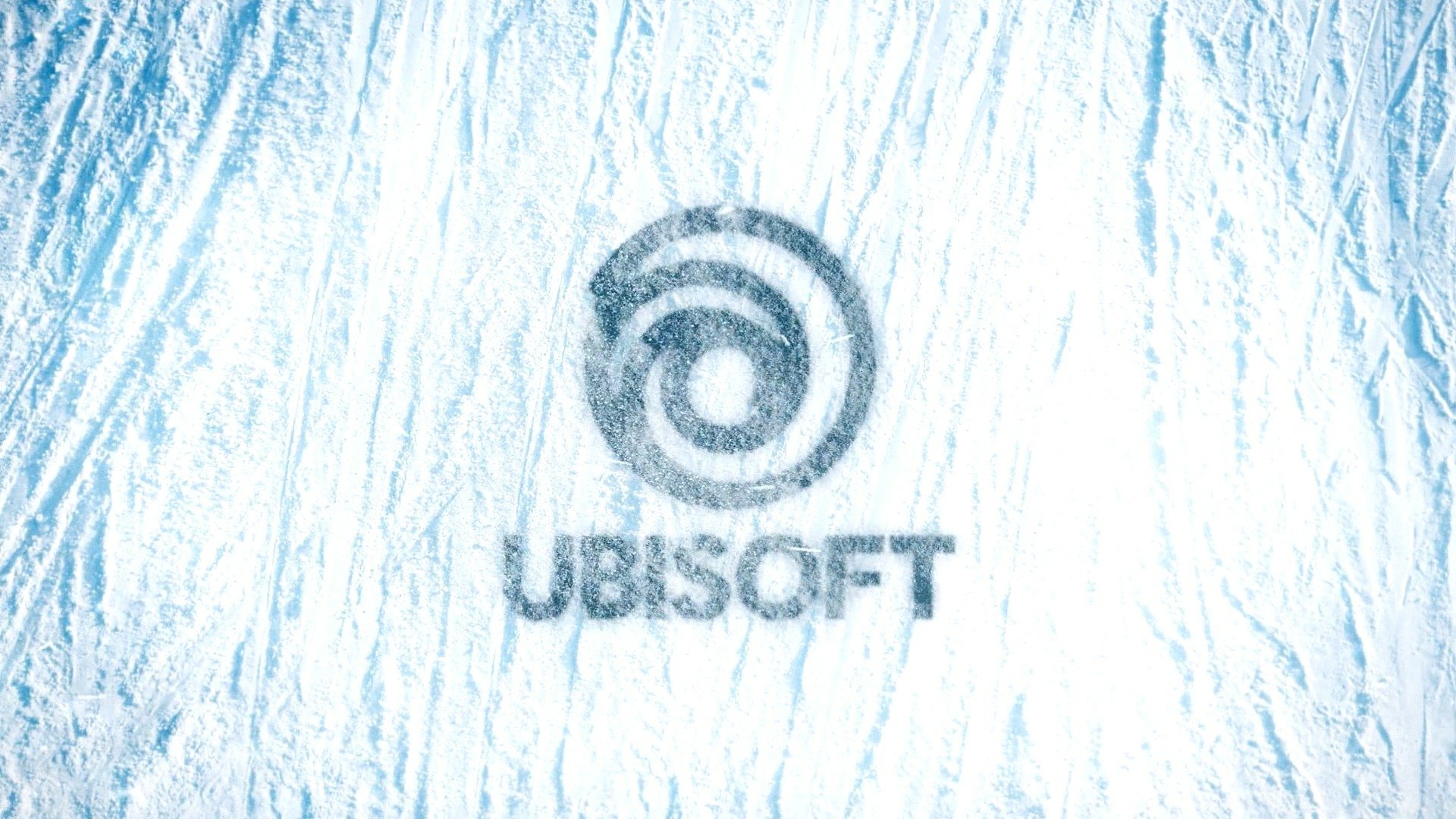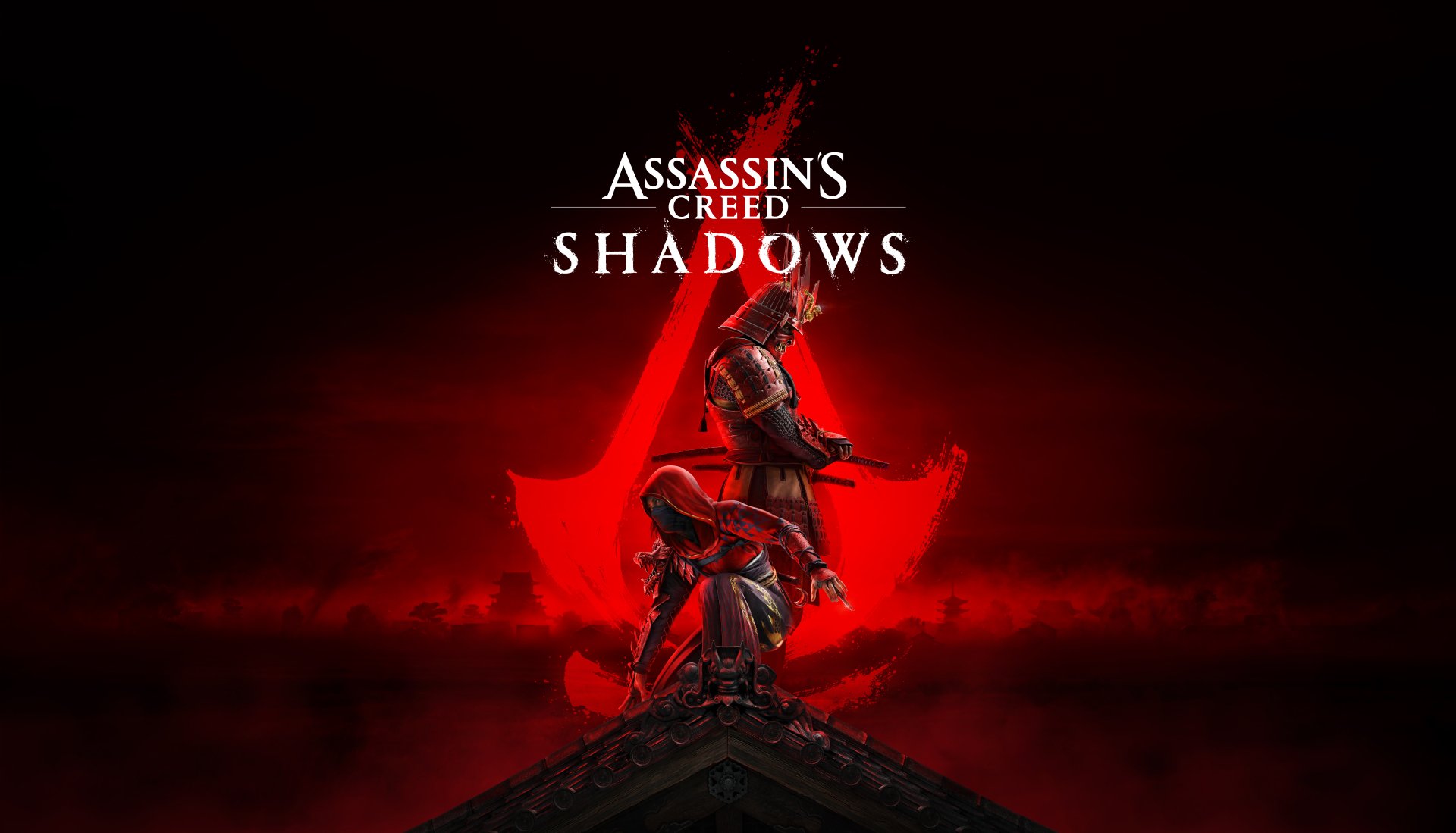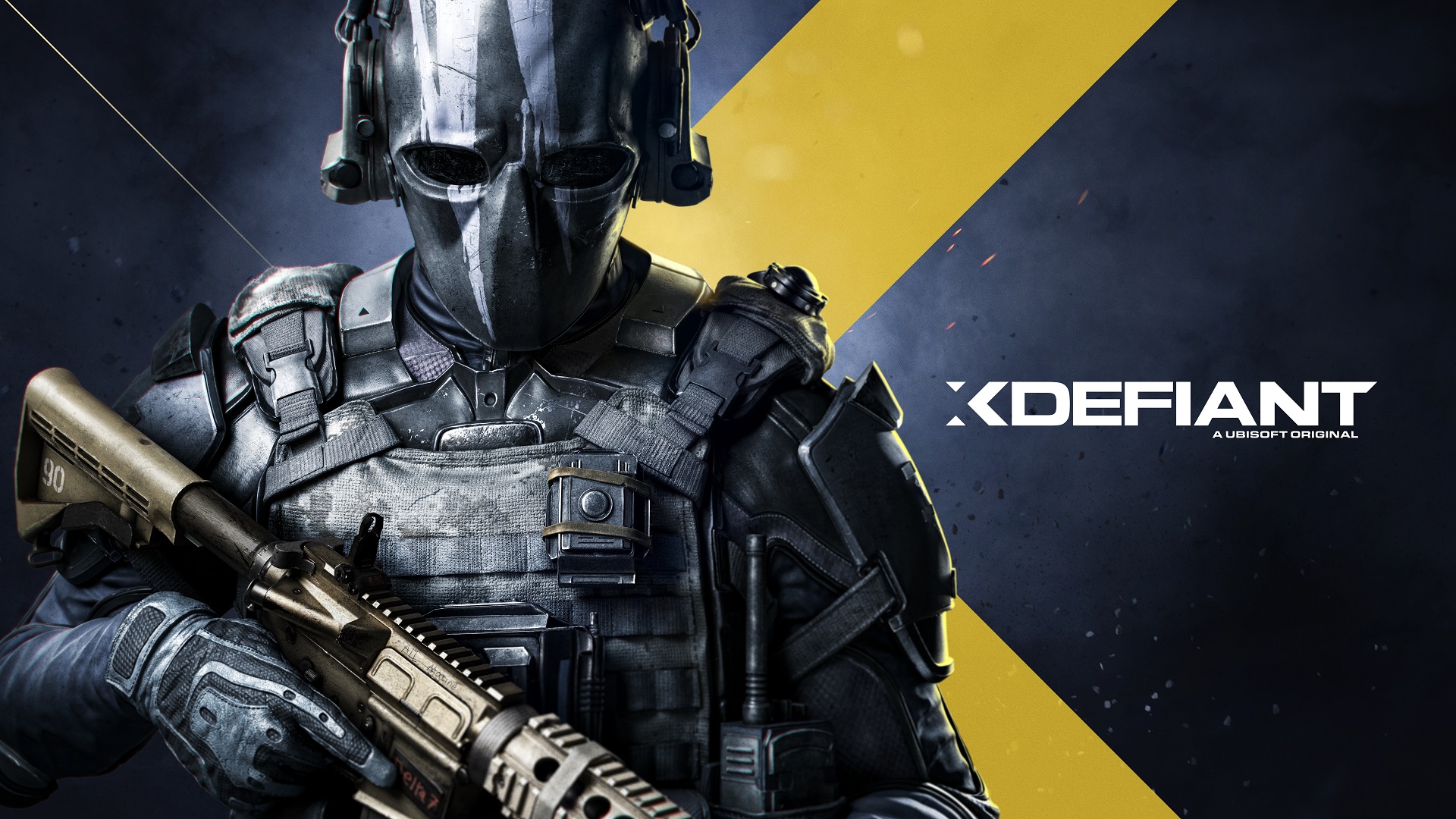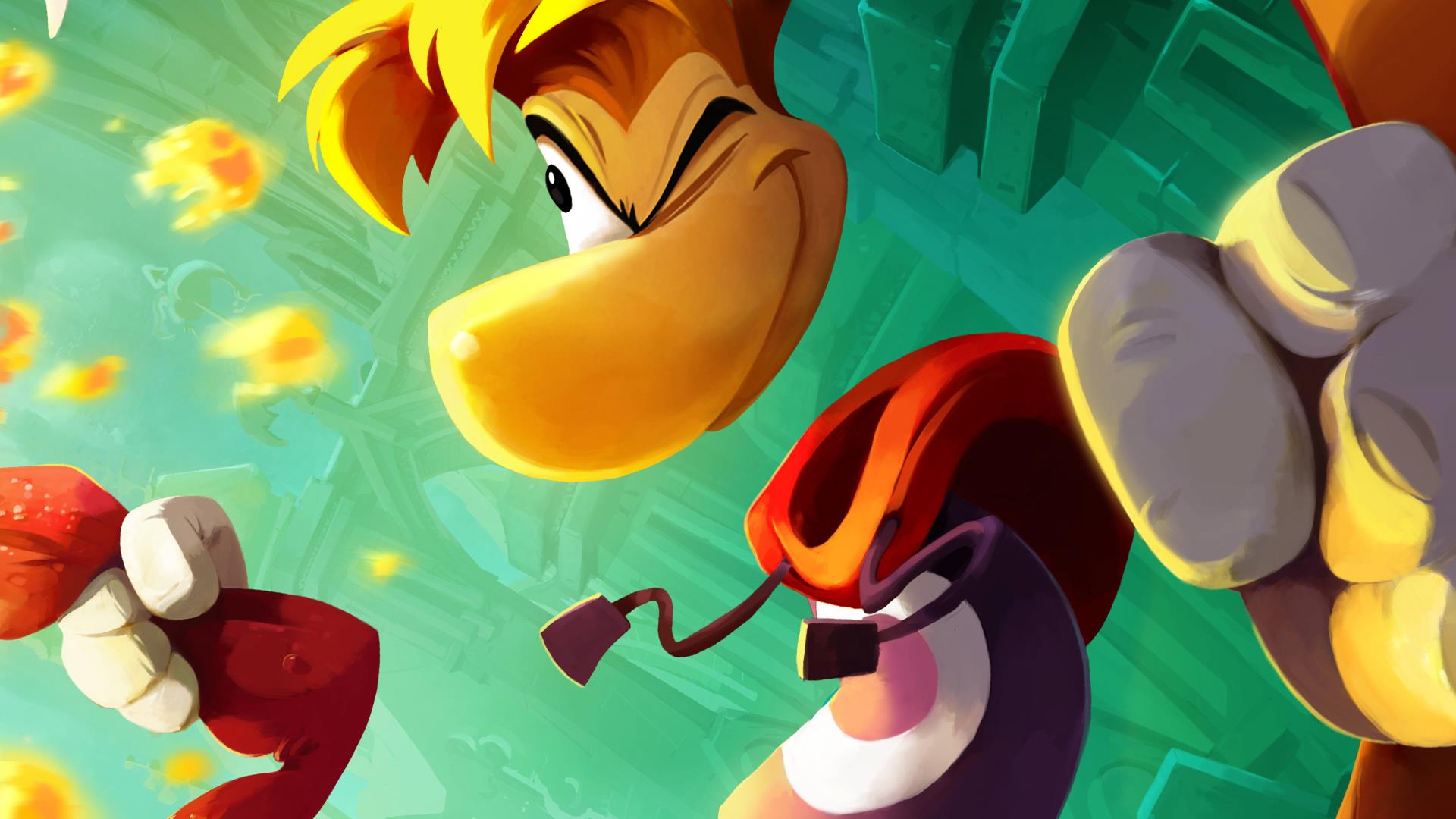
2024 proved to be a catastrophic year for Ubisoft, and it’s fair to say that the company has been grappling with difficulties over the past few years. The value of Ubisoft stock has plummeted significantly since its peak in February 2021 at €84.60, reaching just €12.53 currently. This represents an alarming 85% decrease from its all-time high. To provide some context, if you had invested $1000 in Ubisoft at its peak, your return would now be a modest $150.
To date, this fiscal year hasn’t been promising for Ubisoft, marked by weak financial outcomes due to games underperforming internal estimates, escalating development expenses, canceled projects, and delays. Years of poor management, excessive spending, and a lack of connection with the gaming community have brought Ubisoft to a critical juncture. Regrettably, it’s the developers who will bear the brunt of these issues, as Ubisoft’s fate seems precariously poised on the success or failure of their upcoming AAA game, Assassin’s Creed Shadows. We may not have to wait long to witness how things unfold.
Buy Out Talks
Reports indicate that Ubisoft is discussing potential solutions for its business with advisors, and rumors have swirled about Tencent’s possible acquisition of the company to make it private. However, it appears these negotiations have halted, as Tencent may not be inclined to accept the Guillemot brothers’ demand for continued control, given that they were largely responsible for Ubisoft’s current situation in the first place.
At present, it appears that both parties are adopting a strategy of pausing negotiations. Tencent plans to keep buying shares and boost its ownership. On the other hand, the Guillemot brothers might prefer to delay rekindling discussions until late February or early March. This is because Ubisoft is scheduled to launch Assassin’s Creed Shadows on February 14.
If Assassin’s Creed Shadows underperforms, it offers Tencent chances to expand its ownership at a lower share price. On the flip side, if the game succeeds in its release, it gives the Guillemot brothers stronger bargaining chips for future negotiations.

As a dedicated fan, I’m sensing that, according to my own research and insights from various Ubisoft sources, this move could potentially tip the scales in favor of the Guillemot brothers. Pre-orders for the game were skyrocketing before its delay and they’re still holding strong, but it’s no surprise that they trail behind Assassin’s Creed Valhalla, which was released on both legacy and current generation consoles. Assassin’s Creed Shadows appears to be Ubisoft’s final lifeline, but even if this game becomes a blockbuster hit, it doesn’t automatically mean that Ubisoft will emerge unscathed from its challenges.
Mismanagement Hell
It appears that Ubisoft often struggles with poor management; these two concepts seem inseparable. Over the last few years, I’ve documented numerous projects beset by mismanagement issues, and it seems this trend may persist. At its core, the problem stems from upper-level managers prioritizing their personal relationships over the wellbeing of thousands of disgruntled developers.
The most well-known projects that have faced difficulties are games like Skull & Bones, an ambitious project from Ubisoft, and Beyond Good and Evil 2, which has yet to set a release date despite being announced over 16 years ago. However, it’s not just these high-profile titles that are affected. Mismanagement at the company has resulted in numerous other projects either being canceled or lingering in an unclear development phase with no clear resolution. A project known as Project U, for instance, was sent back to the drawing board after five years of development and saw its budget significantly increase. A developer involved in the project suggested it might have already surpassed the $100 million mark.
XDefiant, a highly anticipated free-to-play shooter from Ubisoft and one of the industry’s standouts over the past decade, unfortunately launched with issues due to mismanagement and self-serving higher-ups. Despite an impressive start, developers warned me months earlier that the game was heading towards closure because of a significant decrease in players and lack of spending. The game was hemorrhaging millions in development costs alone – not even considering initial development costs, servers, and other expenses on top – which Ubisoft found unsustainable given its current financial state and uncertain future prospects for the game to become profitable.

Ultimately, Ubisoft’s mismanagement poses a significant obstacle for the company in the future. Although Ubisoft’s board is conducting an investigation into the company’s troubles (it’s worth noting that 5 members of the board are from the Guillemot family), many people I’ve spoken to doubt it will lead to any meaningful change. In conversations with past and present Ubisoft employees at various levels within the company, there is a widespread belief that CEO Yves Guillemot would rather see [Skull & Bones] fail than relinquish his position, and this sentiment seems to apply to the other Guillemot brothers as well. Overcoming this obstacle will be crucial for Ubisoft wherever Assassin’s Creed Shadows is released, even if it turns out to be a success.
Ubisoft’s most recent yearly employee feedback survey reveals a surprisingly low level of trust towards the company. Although I can’t provide specific figures for the whole organization, certain studios reported overall trust levels as low as 15-20%. To clarify, while departments and studios were not entirely anonymous in the survey, individual identities remained protected.
An Uncertain Future
It’s highly probable that Ubisoft will undergo significant transformation by around 2025. The possibility of going private appears to be the preferred route, yet such a move would indisputably impact numerous game developers.
Instead of weathering the storm, Ubisoft might choose a different approach by focusing on refining their project portfolio. Particularly if Assassin’s Creed: Shadows turns out as they expect, but they must rebuild player trust, starting with Shadows. Moreover, they should avoid chasing trends and instead, establish stability by maintaining consistent quality in their work.
Ubisoft has several highly anticipated games in the pipeline for release by 2026, such as the Splinter Cell Remake, Far Cry 7, Assassin’s Creed Shadows, the remake of Black Flag, Hexe, Ghost Recon Over, and a few smaller projects based on well-known IPs. The Division 3, the Rayman Remake, another Assassin’s Creed game known as Stardust, another RPG under the Assassin’s Creed banner, and Beyond Good and Evil 2 (which is making steady progress) are set for a later release.

On one hand, Ubisoft persists in pouring substantial resources into projects like Project U, Project Scout (a Battle Royale similar to Apex Legends), Project Maverick (a Far Cry-inspired extraction shooter), NFT games, and numerous other titles. To clarify, I’m not advocating for Ubisoft to abandon innovative concepts entirely (the ALTERRA, which appears impressive in my view and is inspired by Animal Crossing, is an example of this). However, there are certain projects that seem so obviously doomed for failure, it’s perplexing that the company continues to invest hundreds of millions of dollars annually into them, hoping they might become the next Fortnite.
It seems clear that Ubisoft finds itself at a significant juncture. Regardless of the direction they choose, transformative changes are needed in leadership if they wish to prosper.
Read More
- REPO: How To Fix Client Timeout
- UNLOCK ALL MINECRAFT LAUNCHER SKILLS
- Unaware Atelier Master: New Trailer Reveals April 2025 Fantasy Adventure!
- 10 Characters You Won’t Believe Are Coming Back in the Next God of War
- 8 Best Souls-Like Games With Co-op
- Top 8 UFC 5 Perks Every Fighter Should Use
- All Balatro Cheats (Developer Debug Menu)
- Unlock Wild Cookie Makeovers with Shroomie Shenanigans Event Guide in Cookie Run: Kingdom!
- How to Reach 80,000M in Dead Rails
- BTC PREDICTION. BTC cryptocurrency
2025-01-09 01:18